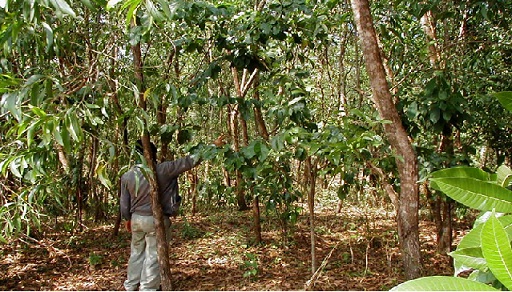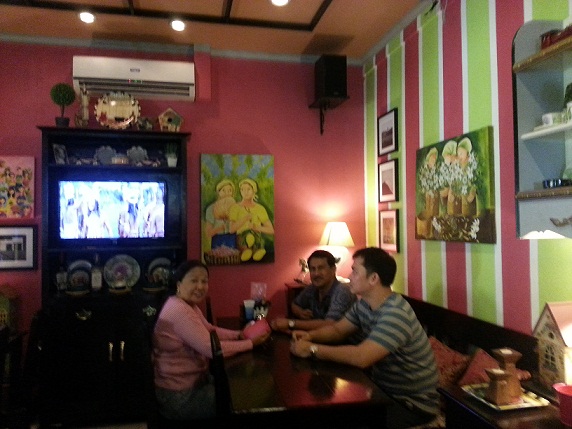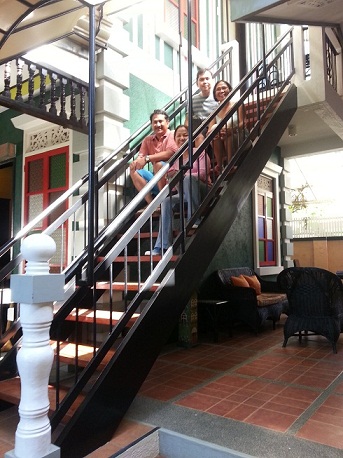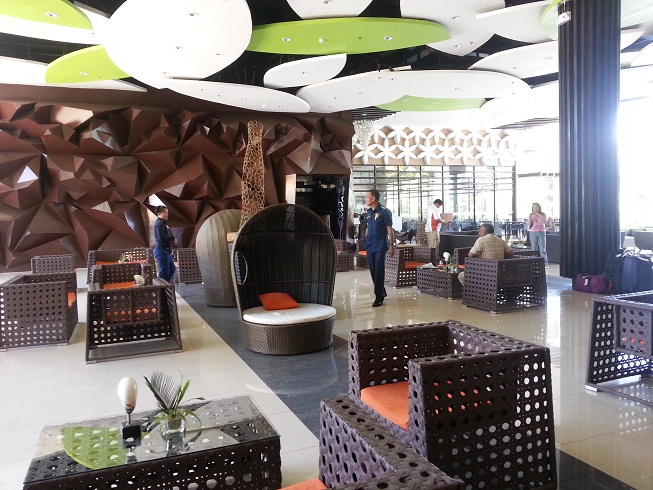Last Tuesday, while in Baguio City for their summer session, the Supreme Court denied all the Motions for Reconsideration on Online Libel which it upheld in its Feb. 18, 2014 decision.
It will be recalled that in its Feb. 18 decision, the High Court struck down as illegal the authority given to the Department of Justice) to restrict or block access to any online post which it deemed violating the law without any court order.
But it upheld the constitutionality of the online libel that increased the penalty twelvefold. From a minimum punishment of six months imprisonment under the Revised Penal Code, the Cybercrime Prevention Law increased it to six years. The maximum punishment was doubled from six to twelve years in prison.
In our Motion for Reconsideration last month, we reiterated our position that libel, as a criminal offense, under the Revised Penal Code is unconstitutional.
We also contended that with the Cybercrime Law, the Philippine government violated its obligations under the International Covenant on Civil and Political Rights (ICCPR).
The UNCHR cited this covenant when it declared in the case of Davao journalist Alexander Adonis (who was convicted and imprisoned for libel filed by then Congressman Prospero Nograles) that the libel provisions of the Philippines do not conform with the standards set in Article 19 paragraph three of the ICCPR of which the Philippines is a signatory.
We are dismayed by the Supreme Court’s dismissal of all the motions for reconsideration.
Our lawyer,CenterLaw’s Harry Roque issued this statement:
“ As counsel for journalists Alexander Adonis, Ellen Tordesillas et al., I am of course deeply disappointed with this latest turn of events. In my opinion, the Supreme Court just lost a great opportunity to rectify the inconsistencies in our jurisprudence on freedom of expression. Simply put, while we have adopted the normative value of freedom of expression as the means to ascertain the truth and as the means to form informed public opinion which is indispensable in a democracy, the fact that the Court continues to sanction the imposition of imprisonment for libel contradicts our so-called constitutional commitment to freedom of expression.
“Moreover, I believe that this latest decision is a blatant disregard of the view expressed by the UN Human Rights Committee declaring criminal libel in the Philippines as being contrary to freedom of expression. It is thus a breach of “pacta sundt servanda”, or that treaty obligations must be complied with in good faith.
“ The view expressed by the UN Human Rights Committee in the case of Adonis vs. Philippines that criminal libel in the Philippines violates freedom of expression is as clear as the light of day. Whether or not the Committee actually expressed the view that the Philippines should repeal its criminal libel law is not the issue. What is clear is that with the declaration, we are in breach of our international obligation to protect and promote the right to freedom of expression, the Supreme Court should have ensured: one, that we cease and desist from the breach by declaring criminal libel as being contrary to international law; and two, it should have provided compensation to all those wrongfully sentenced for criminal libel. Certainly, to uphold a law that provides for an even more draconian libel law since it provides for a longer penalty of imprisonment doing away with the possibility of parole is a continuing breach of our international obligation.”
But we are not giving up. Roque said we will go to the UN Human Rights Committee.” The denial of our Motion for Reconsideration now triggers the availability of international remedies against the draconian law. Thank goodness for international law!”
Roque further said, “This latest Supreme Court decision is tantamount to exhaustion of domestic remedies. When we filed our challenge versus cyber libel with Alexander Adonis as petitioner, we were aiming to implement the UN Human Rights Committee view through jurisprudence. Since the highest court of the land has instead put its stamp of approval on the draconian law, the decision is evidence that we have again exhausted all domestic remedies. This will qualify Adonis et al to return to the UN to complaint that instead of implementing its earlier view, the Republic of the Philippines has openly defied it. We will pray for a second declaration that not only does libel under the Revised Penal Code violate Art. 19, but additionally, the Cybercrime Prevention Act equally violates freedom of expression.
“The difference is while the earlier view issued by the UN was against a decision of a Regional Trial Court Judge, this time around, we will ask the Committee to declare a collegial decision of our highest judicial organ as violating international law.”
“If we succeed — and chances are that we will — the Court will be put in an embarrassing situation where proven experts in the field of human rights will find a decision of our 15-man court as being erroneous and violates human rights law. This would be downright embarrassing for the Court. When this happens, we can say that when we filed our motion for reconsideration, we gave our Courts the opportunity to avoid the spectacle of an experts view that its decision is wrong. In the end, the Court will only have itself to blame for the ignominy of a decision, which could be condemned by the international human rights community as a violation of human rights law.”









